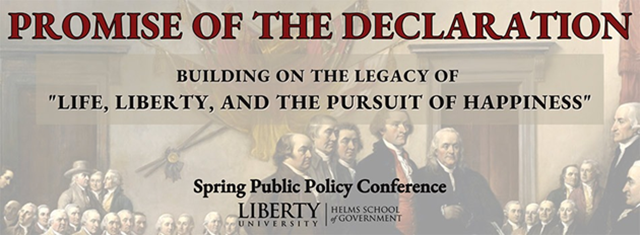Location
Economic Policy & Regulatory Burden
Level of Education
Undergraduate
Keywords
Economy, Taxation, Regulation, Policy, Political Economy, Recession, Federal Spending
Presenter Names and Speeches.
Giana DePaul
Abstract
Each day, as the Dow Jones rises and falls, Congress similarly passes and fails legislation. These two seemingly continuous cycles intersect to the point that the two structures appear affixed. For centuries, this has posed an age-old question: is it policy that influences the economic system or is it the economic system itself that molds policy decision-making? Renowned economist Adam Smith is famous for his works detailing the autonomous nature of the economic system. Smith views policy as only a small roadblock in the master strategy of the economic flow of life. The Great Depression and the 2008 Recession, however, paint a vastly different picture of the relationship between policy and the economy. Policy, as observed at the local level through zoning, the state level through taxes, the federal level through spending programs, and the international level through trade policies, immediately and forcibly manipulates economic systems to the chagrin of the invisible hand. It is the actions of the political structure that set the scene for unprecedented economic gain or devastating recessional collapse.
Included in
American Politics Commons, Economic Policy Commons, International Economics Commons, Political Economy Commons, Regional Economics Commons
The Economic Ferocity of Policy
Economic Policy & Regulatory Burden
Each day, as the Dow Jones rises and falls, Congress similarly passes and fails legislation. These two seemingly continuous cycles intersect to the point that the two structures appear affixed. For centuries, this has posed an age-old question: is it policy that influences the economic system or is it the economic system itself that molds policy decision-making? Renowned economist Adam Smith is famous for his works detailing the autonomous nature of the economic system. Smith views policy as only a small roadblock in the master strategy of the economic flow of life. The Great Depression and the 2008 Recession, however, paint a vastly different picture of the relationship between policy and the economy. Policy, as observed at the local level through zoning, the state level through taxes, the federal level through spending programs, and the international level through trade policies, immediately and forcibly manipulates economic systems to the chagrin of the invisible hand. It is the actions of the political structure that set the scene for unprecedented economic gain or devastating recessional collapse.




Comments
N/A